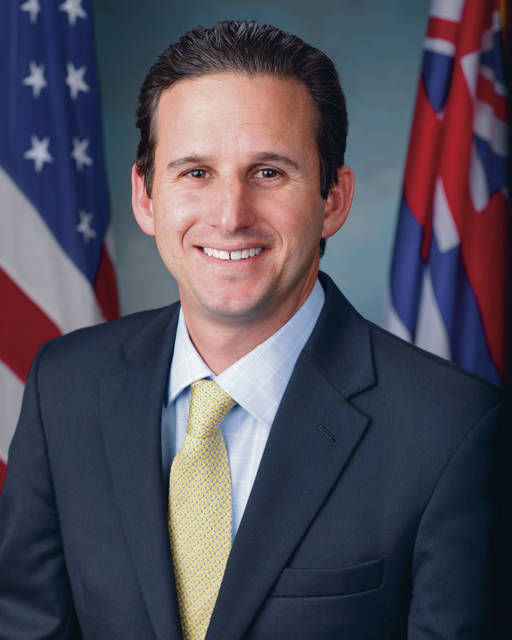Hawaii’s congressional leaders continue to prepare the state to respond to disasters.
More than 5,000 residents of Hawaii’s Second Congressional District (rural Oahu and the Neighbor Islands) participated in U.S. Rep. Tulsi Gabbard’s interactive “Telephone Town Hall” on hurricane and disaster preparedness Monday evening.
The congresswoman was joined by several emergency administrators from around Hawaii, including Elton Ushio of the Kauai Emergency Management Agency.
They answered questions from the community, discussed the forecast for the upcoming hurricane season, and reviewed new recommendations that Hawaii residents prepare an “emergency kit” with a minimum of 14 days of food, water and other supplies.
Hurricane season is from June 1 to Nov. 30 in Hawaii, and the 2017 hurricane season is expected to be more active than normal.
“Hawaii is the most isolated population in the world, and the importance of being informed and prepared before a disaster hits cannot be overstated,” Gabbard said.
The discussion included keeping pets safe during emergencies, how people with disabilities can get assistance during an evacuation, hurricane home insurance, the status of emergency plans for limited access rural communities, and proposed federal funding cuts to organizations like the Federal Emergency Management Agency.
U.S. Sen. Brian Schatz, a member of the Senate Appropriations Committee, also announced that the federal Department of Homeland Security will award the National Disaster Preparedness Training Center at the University of Hawaii at Manoa a $5 million grant to fund its ongoing disaster preparedness programs.
“Given Hawaii’s vulnerability to natural hazards as diverse as tsunami, hurricane, earthquake and volcanic eruption, comprehensive disaster preparedness training is critical to save lives and recover quickly from extreme events,” Schatz said.





